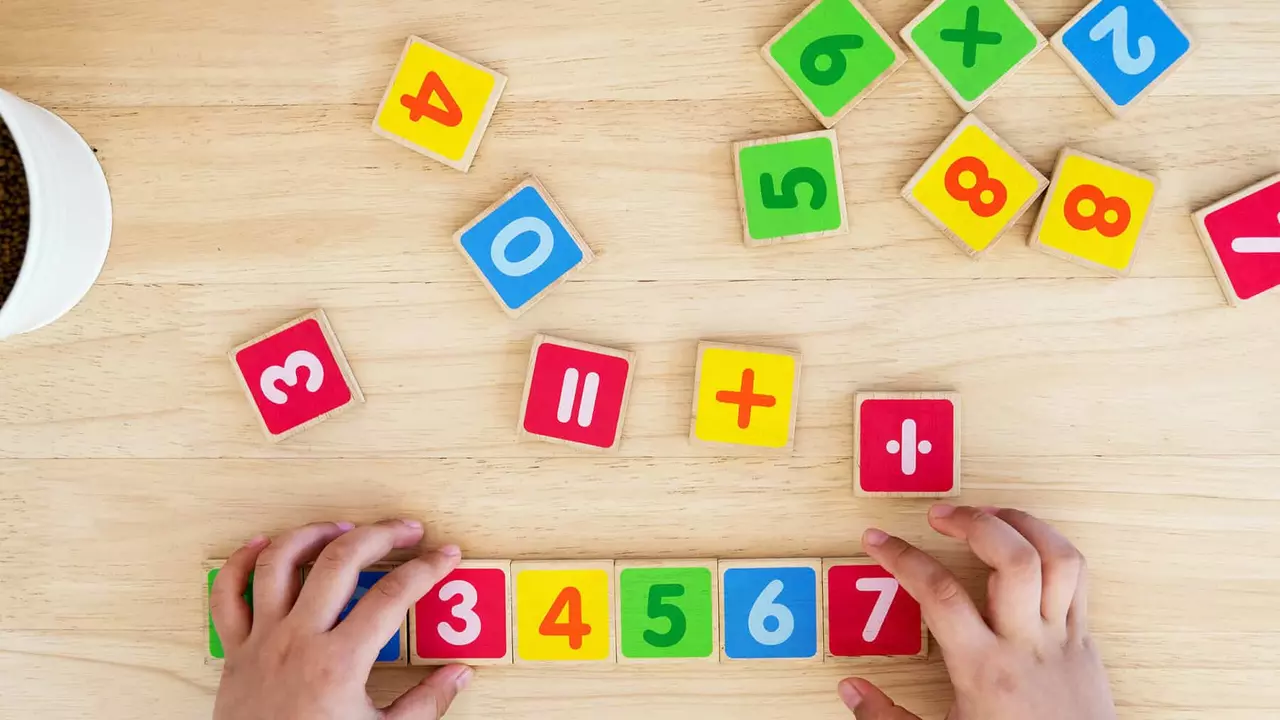Grasping the Concept of Math Anxiety
In my journey to understand the relationship between math games and anxiety, I first had to understand what we mean by math anxiety. Math anxiety is a feeling of tension and fear that interferes with the manipulation of numbers and the solving of mathematical problems in a wide variety of ordinary life and academic situations. It's that dreadful feeling that seizes up your mind when numbers start floating around, rendering you incapable of making any logical connections.
The Prevalence of Math Anxiety
As I delved deeper, I discovered that math anxiety is not as rare as one might think. In fact, it is a common phenomenon, often starting as early as primary school and persisting into adulthood. The thought of grappling with numbers sends shivers down the spines of many. It can affect anyone, regardless of age or gender, and it's not about being 'bad at math' - even some of the most proficient mathematicians can experience it.
Effects of Math Anxiety
Math anxiety has serious implications. It doesn't just stop at making you dislike math- it can also hinder your performance. It can cause stress, fear, and a lack of confidence, creating a vicious cycle that prevents you from improving your math skills. It can also lead to avoidance behaviour, which can limit your opportunities in life and career.
How Math Games Might Help
So, where do math games come into all of this? Math games, especially those designed with an educational purpose, can be a fun and engaging way to learn and practice math. They can take the fear out of numbers by presenting math problems in a playful and less intimidating manner. The idea is that by playing these games, one can gradually overcome math anxiety.
Math Games and Cognitive Functions
The benefits of math games go beyond just anxiety relief. Many of these games require strategic thinking, problem-solving, and mental calculation, thus enhancing our cognitive functions. They can improve memory, attention, and cognitive flexibility, making us better learners not just in math, but in all areas.
Math Games and Emotional Well-being
Playing math games can also boost our emotional well-being. The success of solving a math problem in a game can increase our self-esteem and self-confidence. It can also provide a sense of achievement and satisfaction, which can further motivate us to learn and improve.
Choosing the Right Math Game
Now, not all math games are created equal. The right game should be challenging, but not overly so, to prevent frustration. It should also be visually appealing and interactive to keep you engaged. Moreover, it should provide immediate feedback to help you learn and improve. There are plenty of math games available online and in app stores, so there's definitely something for everyone!
Revisiting the Question: Can Math Games Relieve Anxiety?
After all this, we come back to our original question: Can math games relieve anxiety? Based on my understanding, I believe they can. By presenting math in a fun and less threatening way, math games can help reduce math anxiety. They can also boost cognitive functions and emotional well-being, which can further contribute to anxiety relief.
Making Math Fun: A Step Towards Anxiety Relief
So there you have it. Playing math games can indeed be a step towards relieving math anxiety. They allow us to see math in a different light - as something fun and enjoyable rather than daunting and intimidating. So, if you or someone you know is struggling with math anxiety, why not give math games a try? You might be surprised by how much they can help!
